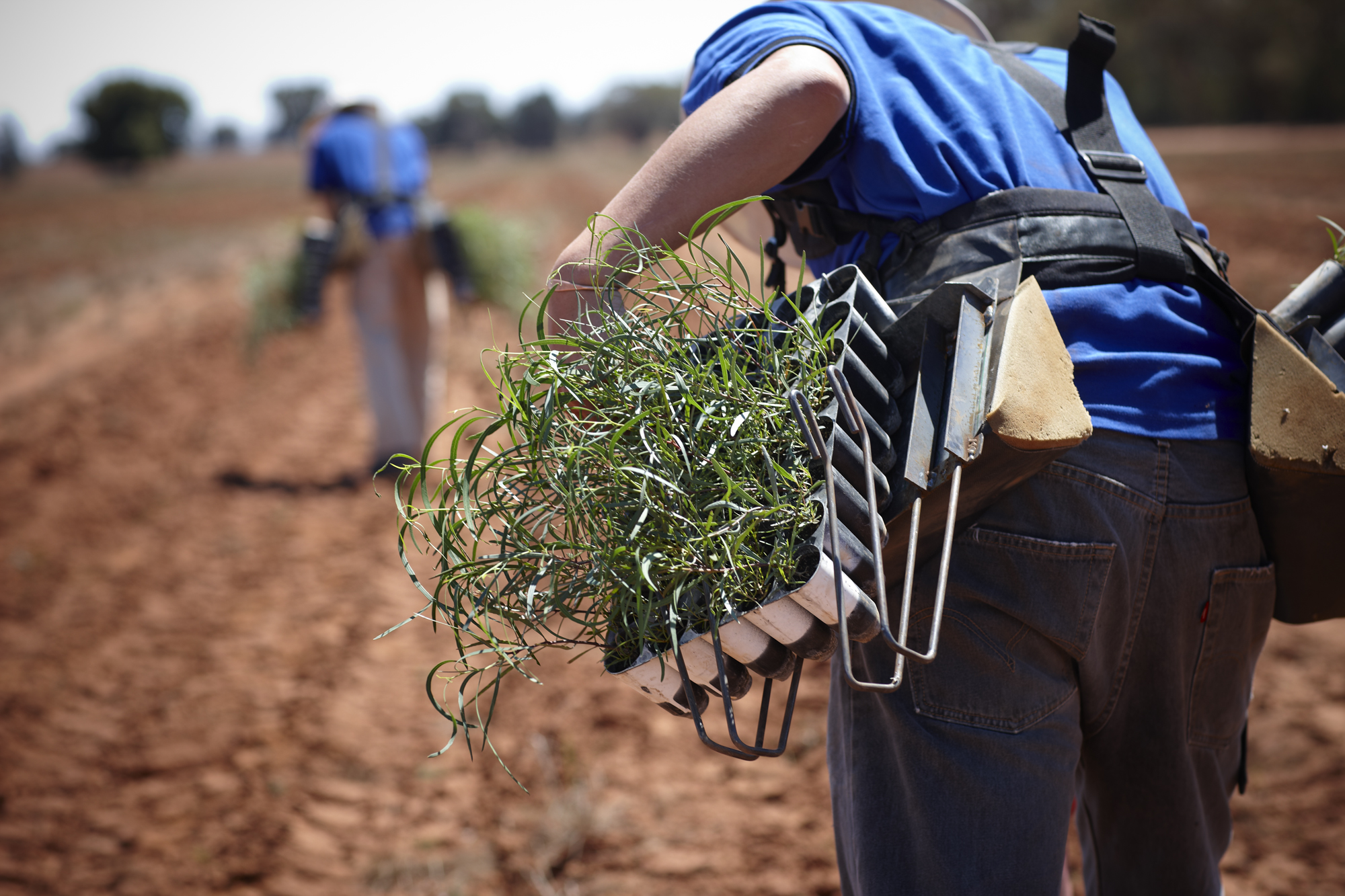Can Carbon Farming Make the Carbon Tax More Politically Palatable?
Author: Edward B. Barbier
Australia has launched a carbon tax initiative together with the Carbon Farming Initiative (CFI). Under CFI, the government will buy carbon credits from farmers and land managers who save carbon by storing carbon or reducing greenhouse gas emissions on the land. Australian farmers are exempt from most of the carbon tax but are eligible for the carbon credits in CFI. The double initiative could be useful in gathering support from Australia’s farm lobby for the controversial carbon policy, but questions remain about market approaches to climate change mitigation.
In mid-July, I participated as a keynote speaker at University of Sydney’s 2012 Research Symposium on Soil Security.
A major topic at the Symposium was carbon farming, which is a payment scheme that allows farmers and land managers to earn credits by storing carbon or reducing greenhouse gas emissions on the land. These credits can then be sold to pay for the various carbon storing activities.
Since late 2011, Australia’s government has operated such a scheme, called the Carbon Farming Initiative. Under the auspices of the CFI, the government has launched the Carbon Farming Futures plan, which will provide AU$429 million over the six years to encourage carbon farming across Australia. Under the plan, the Government will buy carbon credits from farmers and landholders who undertake carbon-saving measures such as storing carbon and revegetation. There are many ways in which Australian farmers might eventually earn credits for storing carbon, including planting trees, reducing livestock methane emissions, and managing natural habitat, but Australian farmers seem most curious about earning credits from altering existing cultivation and farmland management so that the soils hold more carbon.
Also while I was in Sydney, the Australia Government officially launched its carbon tax initiative. Emitters will initially pay a price of AU$23 per metric ton of carbon. The price will increase gradually until 2015, when Australia will shift to a trading scheme that will let the market set the cost. Interestingly, however, Australian farmers will not have to pay for their current emissions of carbon, such as methane released by farm animals or carbon emitted from the soils through cultivation. Gasoline for farm vehicles is also exempt from the carbon tax. But because the carbon tax impacts Australia’s entire transport sector, farmers will soon be paying higher transportation costs for marketing their produce and bringing bulk inputs to the farm.
However, Australian farmers could be the big winners from the country’s new carbon policy: exempt from much of the carbon tax but eligible for carbon credits if they participate in any of the resulting CFI schemes. This could be a “win-win” politically for the Australian government, as they may get a powerful political force – Australia’s farm lobby – to support the new carbon policy while at the same time justifying a new subsidy for Australian farms on environmental grounds. Governments in the rest of the world, including in the carbon tax-phobic United States, may watch this Australian initiative with interest. Who knows, one could even see in the near future French farmers protesting in Paris and Brussels demanding that the EU adopt Australia’s carbon policy, or a strong “carbon farm” lobby emerge in the US Congress to demand a similar policy be instituted in the next US Farm Bill.

